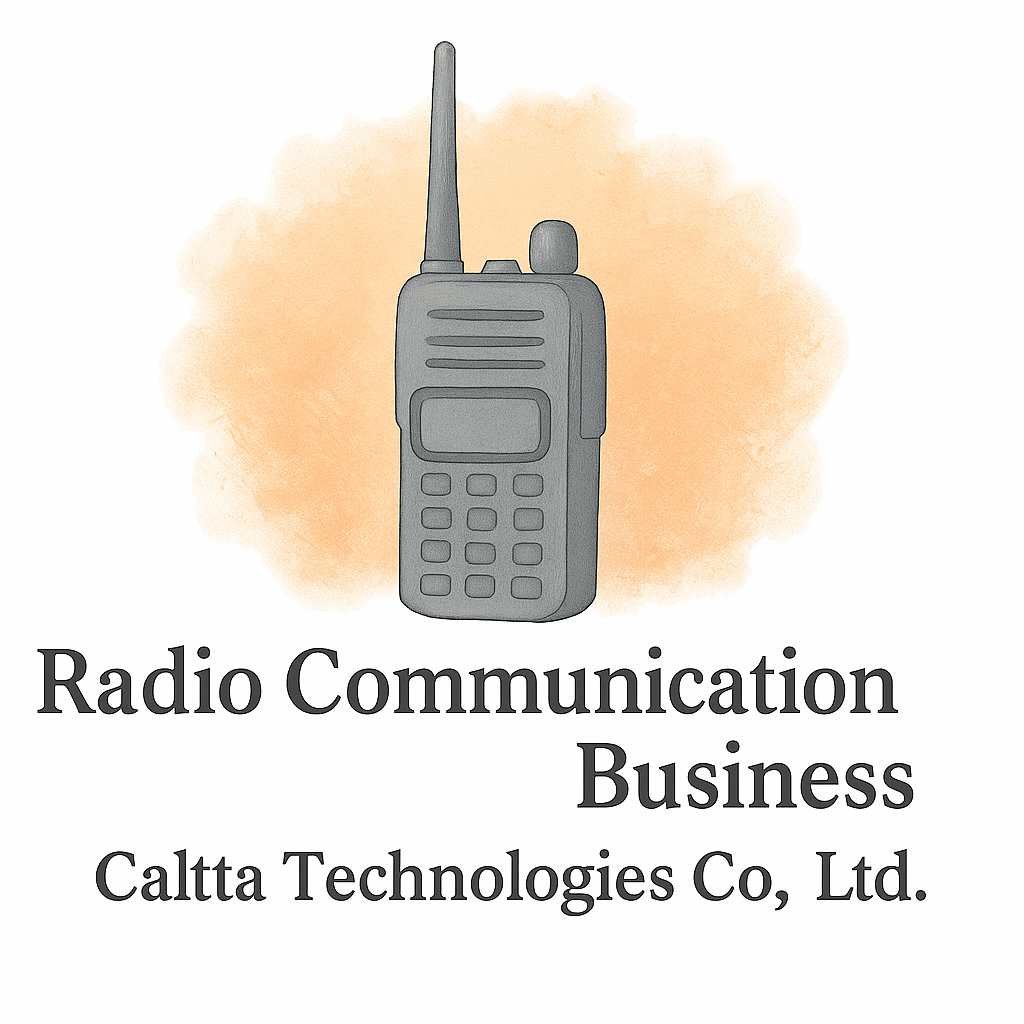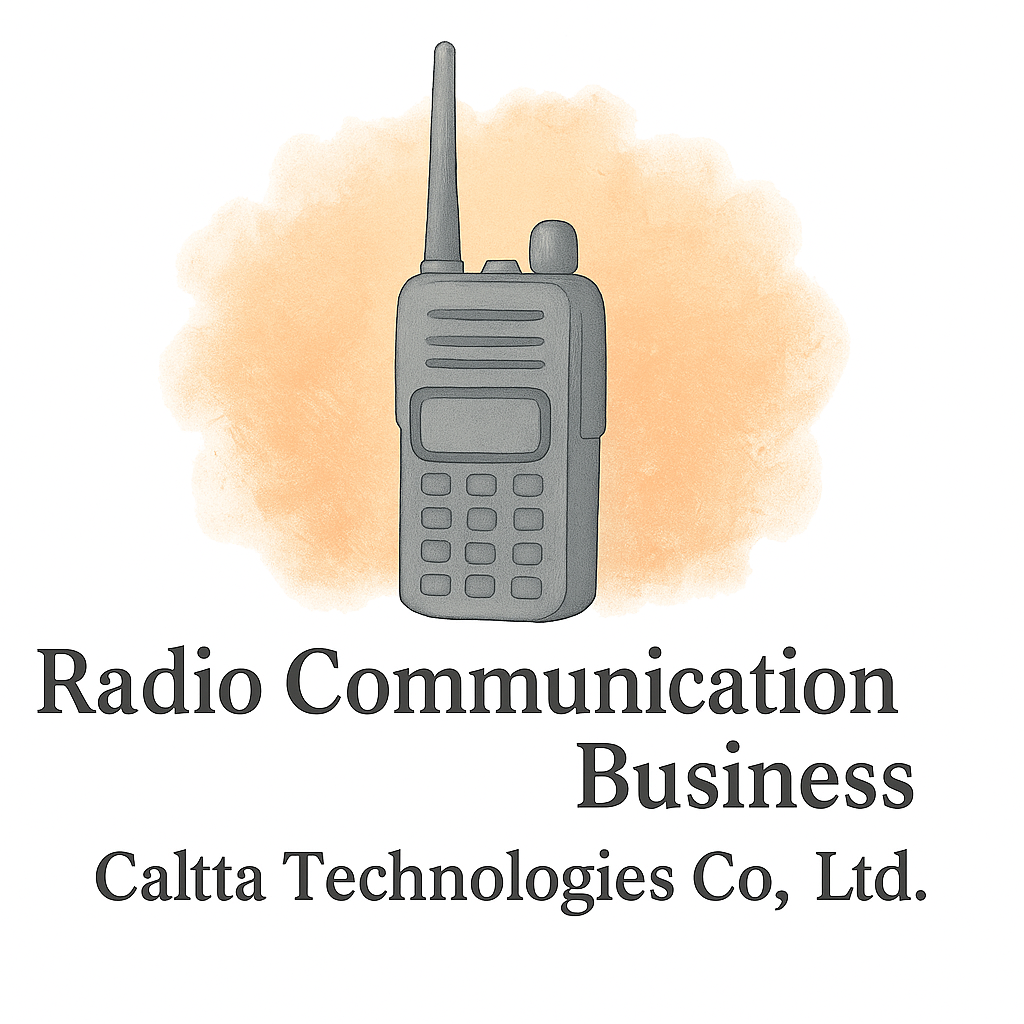Introduction
If you’ve ever watched a military movie, you’ve probably noticed how soldiers communicate over radios—short, sharp, and effective. There’s no fluff, no wasted words, and no misunderstandings. Every message has a purpose. Believe it or not, those same principles can be applied to our daily civilian lives, whether in business, family, or community settings. In this article, we’ll break down 10 lessons from military radio communication for civilians and explore how these battle-tested strategies can help you communicate better, save time, and even prevent costly mistakes.
Lesson 1: The Power of Clear Communication
Why clarity matters in civilian life
In the military, unclear communication can cost lives. For civilians, it may cost opportunities, relationships, or business deals. Clear communication is about getting your message across without leaving room for confusion.
Examples in business and emergencies
In business meetings, being clear helps avoid project delays. In emergencies, it ensures people know what to do and when. Just like radio operators confirm orders, you can repeat or paraphrase instructions to make sure everyone’s on the same page.
Lesson 2: Brevity Is Key
Military standard of concise messaging
Radio operators are trained to keep it short. They don’t have time for long explanations—they deliver only what’s necessary.
How civilians can use brevity in work and daily life
Think of it like texting: the shorter and clearer, the better. In emails, meetings, or even conversations, cutting the fluff keeps things moving smoothly.
Lesson 3: Consistency Builds Trust
Standard operating procedures in radio use
The military follows strict communication protocols. Everyone knows the words, codes, and format—no guessing involved.
Applying consistency in civilian communication
For civilians, consistency means setting communication standards in business. Using the same terminology, branding language, or workflow builds trust and professionalism.
Lesson 4: The Importance of Listening First
Active listening in radio operations
Military operators listen carefully before responding. Jumping in too quickly can disrupt important information.
Listening in relationships and workplace
The same is true in everyday life. Whether you’re in a meeting or a family discussion, listening first helps you respond smarter and more effectively.
Lesson 5: Using Codes and Shared Language
Military radio codes for efficiency
The military uses codes like “10-4” or “Roger” to keep communication fast and precise.
Civilian equivalents: jargon, branding, workplace terms
Civilians also rely on shared language. Think of workplace jargon, social media hashtags, or marketing slogans. Having a shared vocabulary speeds up communication and strengthens group identity.

Lesson 6: Communication Under Pressure
Stress-tested radio communication
Soldiers are trained to stay calm even when chaos surrounds them. Their radio discipline reflects this composure.
Handling pressure in civilian environments
For civilians, staying calm in a business crisis or family emergency is just as important. Clear, steady communication under pressure keeps everyone focused on solutions instead of panic.
Lesson 7: Redundancy Saves Lives
Backup systems in military radios
The military never relies on one communication channel. If one radio fails, another system is ready.
Civilian backup plans and tools
In civilian life, this might mean having a backup internet source, keeping a power bank for your phone, or using multiple platforms for communication. Redundancy ensures you don’t go silent when it matters most.
Lesson 8: Communication Security Matters
Encryption and secure channels
Military radios are encrypted to prevent eavesdropping. Security is not optional—it’s mandatory.
Cybersecurity and privacy in civilian use
For civilians, this translates to protecting personal data, securing business communication, and being cautious about what you share online. A leaked email or hacked account can cause as much damage to a business as intercepted military comms do to a mission.
Lesson 9: Teamwork Depends on Communication
Synchronizing military units with radios
Military success often depends on how well units communicate. Radios keep everyone aligned, no matter the chaos.
Team collaboration in business and projects
In business, the same principle applies. Miscommunication can derail projects. Using collaboration tools, clear instructions, and regular check-ins ensures teamwork stays strong.
Lesson 10: Training and Drills Make Perfect
Constant drills in the military
Military personnel drill communication daily until it becomes second nature.
Rehearsing communication in civilian teams
For civilians, practicing communication—whether through team-building exercises, role-playing, or dry runs before presentations—can sharpen skills and build confidence.
Practical Applications for Civilians
Business communication
Adopting military communication lessons can streamline workflow, reduce errors, and save money. Explore resources like business startup basics or marketing and branding to strengthen your strategy.
Family and community safety
Clear, brief communication is essential in emergencies like storms or accidents. Establishing a shared code or checklist for your family can mirror military preparedness.
Technology and tools to enhance communication
Modern tools like encrypted apps, backup devices, and workplace communication platforms are the civilian versions of military radios. You can learn more about equipment and technology that can improve your communication setup.
Internal Links to Explore More Resources
If you want to dig deeper into how military-style strategies can be applied in civilian and business settings, check out:
- CALTT International
- Financial planning
- Industry insights
- Tags: avoid, budget, business, compliance, entrepreneur, tools, marketing, tech.
Conclusion
Military radio communication teaches us that clarity, brevity, consistency, and preparation are not just for the battlefield. They’re life skills that can transform how we handle business, relationships, and emergencies. By adopting these 10 lessons from military radio communication for civilians, we can become better communicators, problem-solvers, and leaders in our daily lives.
FAQs
1. Why is military communication so effective?
Because it’s designed for high-pressure environments where every second counts. Civilians can benefit from that same efficiency.
2. How can I practice brevity in communication?
Focus on the core message, avoid filler words, and use short sentences when possible.
3. What tools can civilians use to improve secure communication?
Encrypted apps, VPNs, and strong password management are great starting points.
4. Are there civilian equivalents to military radio drills?
Yes, things like business role-playing, crisis simulations, or even family safety drills.
5. How do military lessons apply to business communication?
They reduce misunderstandings, save time, and build trust within teams.
6. Can these principles help in personal relationships?
Absolutely. Active listening, clarity, and consistency strengthen any relationship.
7. What’s the biggest takeaway for civilians from military communication?
That communication isn’t just about talking—it’s about making sure the right message is delivered, understood, and acted upon.


